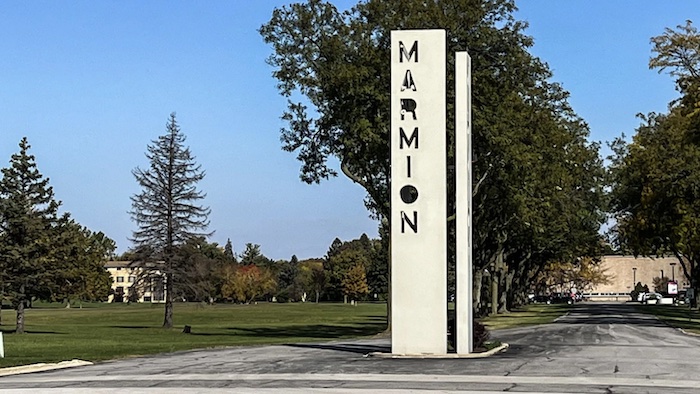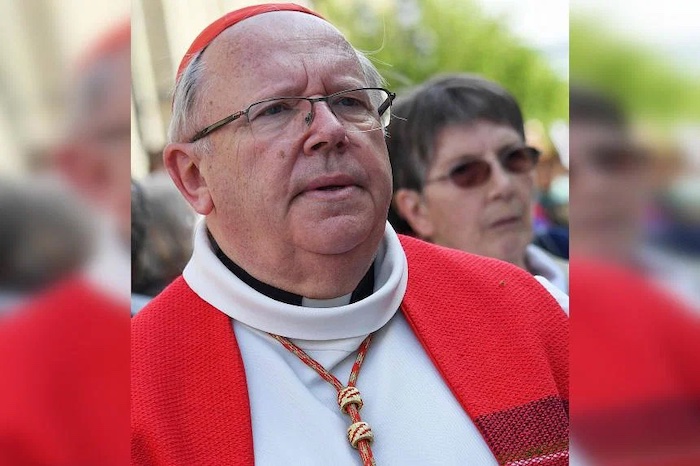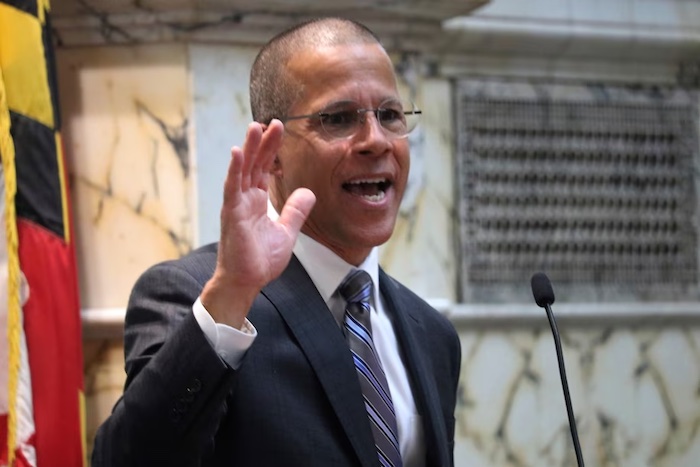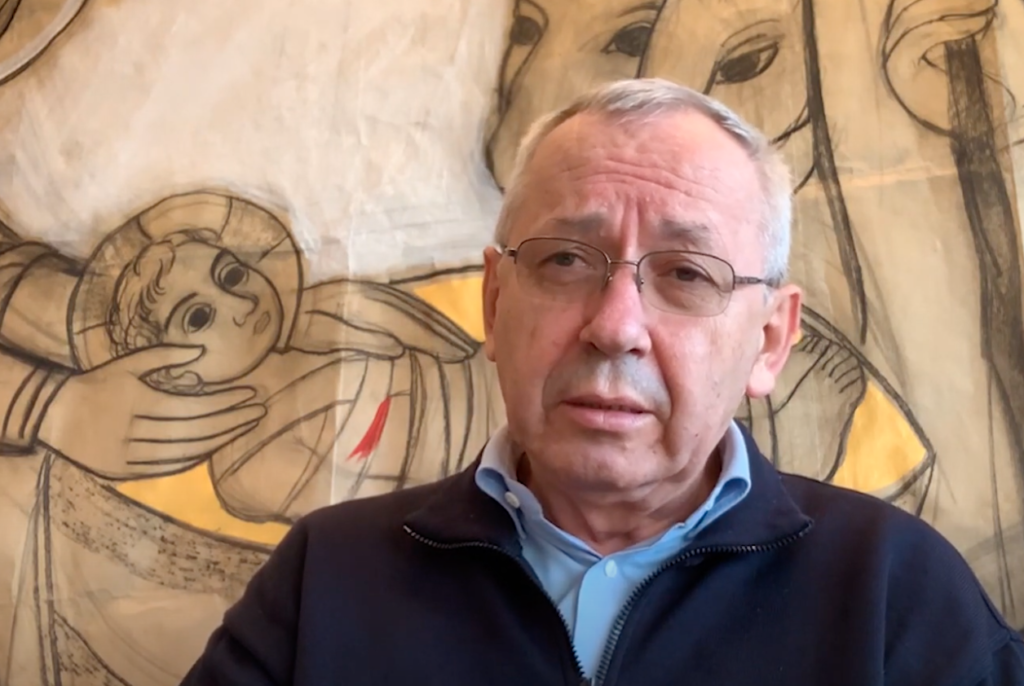— Hundreds More Catholic Clergy Accused Across CA
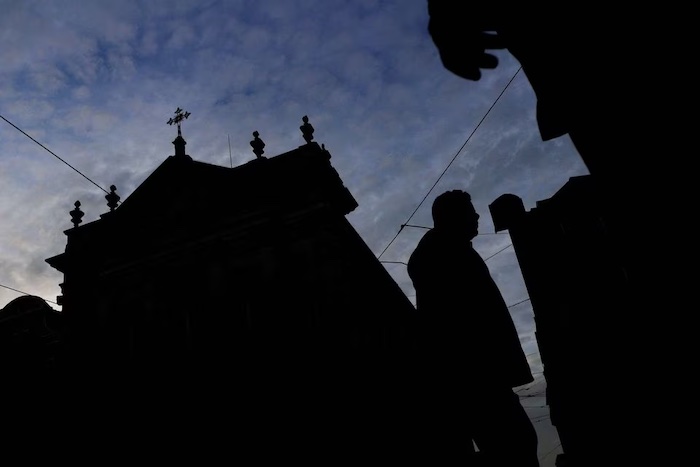
Plaintiffs’ attorneys say 1500 new lawsuits have been filed against the Roman Catholic Church in Northern CA alone. The Investigative Unit has independently reviewed nearly 700 of them.
By Candice Nguyen, Michael Bott, Mark Villarreal and Michael Horn
An NBC Bay Area analysis of nearly 700 lawsuits filed against Catholic institutions across Northern California over the past three years suggests the church’s child sexual abuse scandal in the region is significantly worse than the public previously knew.
More than 200 of the clergy and lay employees of the Catholic Church named in the wave of lawsuits have never been publicly accused of being sexually abusive towards children and teenagers until now, NBC Bay Area’s investigation found. Some of the newly accused continue to work as priests.
Other alleged perpetrators named in the civil filings have faced previous accusations but now face new claims, some of them dozens.
NBC Bay Area is in the process of reaching out to those accused in the lawsuits and anticipates publishing a complete list of names at the conclusion of that process.
While most local dioceses have released internal lists of suspected child predators in recent years, the new allegations threaten the credibility of those disclosures, according to victim advocates, who argue the dioceses’ lists should be significantly longer.
“I think it just shows what a pervasive, uncontrolled disaster was happening in the Catholic Church as far as children,” said East Bay attorney Rick Simons, who is serving as the plaintiffs’ co-liaison counsel for the coordinated civil cases hitting Catholic dioceses in Northern California.
In Northern California alone, Simons said more than 1,500 lawsuits were filed against Catholic dioceses during the state’s three-year lookback window, which closed at the end of December. In 2019, state lawmakers passed the lookback law allowing childhood victims of sexual abuse to file new lawsuits in civil court, no matter when the alleged abuse occurred.
“There are more accusations against previously unidentified perpetrator priests than I think most of us anticipated,” Simons said. The Diocese of Santa Rosa and the Diocese of San Diego have already stated the legal filings could lead them into bankruptcy.
Most of the alleged abusers are priests and other clergy, but they also include lay church employees, such as teachers and coaches at Catholic schools. Although rare, a handful of nuns have also been accused.
Among the newly accused priests are some high-profile names, such as Bishop Floyd Begin, the deceased founding bishop of the Diocese of Oakland.
A lawsuit filed in December accuses Begin of sexually abusing an unnamed 12-year-old girl on a single occasion in 1968, after he had already risen to bishop.
The plaintiff’s attorney did not respond to NBC Bay Area’s request to discuss the case.
Neither did a spokesperson for the Diocese of Oakland, which has told NBC Bay Area in the past it would not comment on any active litigation.
In a previous statement, however, the Diocese said, “As Bishop Barber has stated numerous times, he continues to work with leadership in the Oakland Diocese, both lay and clergy, to address the deep scars caused by sexual abuse of children, and how we can stop abuse.”
Like most dioceses in the area, NBC Bay Area found dozens of newly accused priests tied to the Oakland Diocese who are absent from its list of priests “credibly accused” of abusing children.
The list published by Oakland Bishop Michael Barber back in 2019 currently sits at 65 names, but NBC Bay Area’s review of lawsuits revealed recent accusations against more than 30 clergy absent from that list.
One such priest is Fr. John Garcia, a longtime priest who served at a handful of East Bay parishes, including Immaculate Heart of Mary Catholic Church in Brentwood.
That’s the church Derek Lewis, 34, attended as a child in the late 1990s after his family moved to the small town.
“He was almost like a king or something,” Lewis said of the priest revered by many in the community.
After more than two decades of coping with painful memories, Lewis filed a lawsuit in November accusing Garcia of repeatedly sexually abusing him when he was just 8 years old.
It was the first time that Garcia, now dead, had been publicly accused.
“[He] raped me dozens of times,” said Lewis, standing outside the priest’s former living quarters where he says the abuse took place.
Lewis said he sometimes tried resisting the priest, but his father was battling cancer at the time, and he said Garcia turned that pain against him.
“He would tell me that and say, ‘OK, that’s up to you, that’s your decision’” Lewis recalls the priest telling him. “But just know that, if you go against God’s will this way, he might just punish you and take your dad.”
Terry Gross, Lewis’ attorney, said at least two others have since filed lawsuits alleging Garcia sexually assaulted them. The San Francisco Chronicle first reported the claims against Garcia.
“When these individuals come forward, it’s their first step on their healing recovery, finally being to stand up and say this was wrong,” Gross said.
Lewis said the abuse later led him down a path of addiction, incarceration, and homelessness.
“I think what you find with many of these victims and survivors of this type of clergy abuse is that their lives become a spiral,” Gross said.
Now sober, holding down a steady job, and raising his 2-year-old daughter with his girlfriend, Lewis said he’s finally in a place where he can fight back.
“I feel like the church has got away with all this stuff,” Lewis said. “Like Garcia won, he beat me. The church beat me. So now, I’m not that same little naïve boy anymore.”
Lewis is one of the rare plaintiffs who is suing the church using his real name, which he hopes might give others the courage to follow in his footsteps.
“I have to take my stand against [Garcia] and against [the church] and make it known to everybody that what happened was wrong in every sort of way,” Lewis said. “If me coming forward using my name and my face can help somebody, that’s what the whole objective is.”
Complete Article ↪HERE↩!

